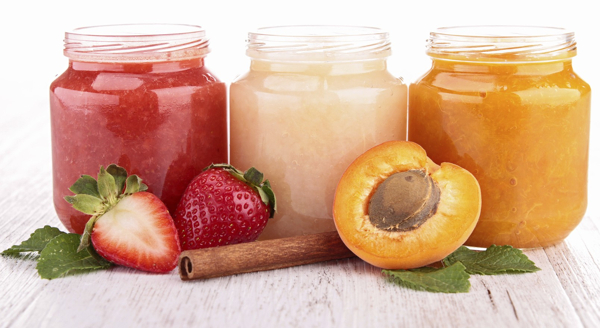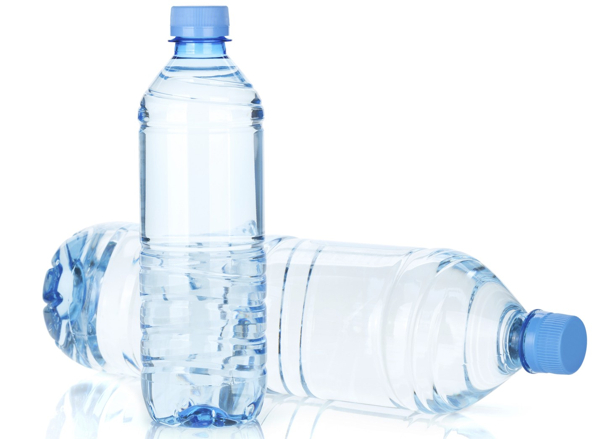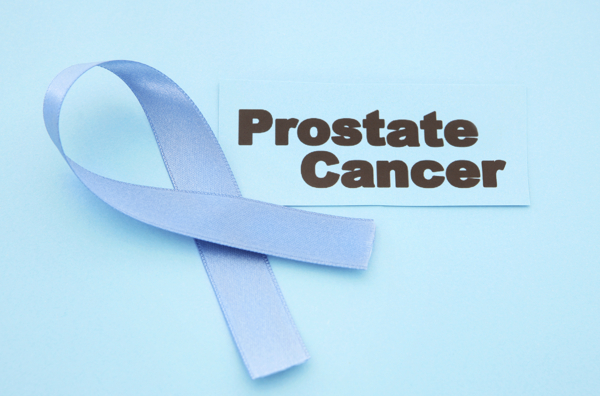
If you think you are healthy because you follow a healthy diet and workout daily, READ THIS. Think again.
Months ago, when my mother visited me, she noticed that I was using plastic ware to serve my food. She immediately expressed her concerns and asked me to buy proper china for my kitchen. She commented on how serving food in plastic can harm my body. Since my expert mother didn’t quite have an answer at the time as to what ‘harm’ plastic could do to my body, I dismissed it as just a rumor my mother read somewhere. That was until I came across a research explaining whether plastic could really cause harm to our body.
We use plastic in so many ways in our day-to-day lives; to pack lunch, to serve your children in unbreakable colorful utensils, even many things on your grocery list from the super-market is available in a plastic container and not to forget you refrigerate your food in plastic too. By the way, did you notice? Infant food is also available in plastic. Yes, it is very convenient because it is light-weight, easy to use and durable. Did you ever give a thought if it could be harmful?
What is BPA?
BPA or Bisphenol A is a chemical found in your day-to-day plastic products and is now present in your blood. Its traces also exist in your food that is packed in plastic containers. You along with 95% Americans now carry an unnaturally occurring chemical substance in your blood. BPA has been in use since 40 years to manufacture polycarbonate plastic products like bottles and in resin coating of cans. Cans are everywhere; to hold your soda, sauces, toppings and baby food. If you look around, you will realize you are introducing BPA to your body everyday as you store your drinking water in plastic bottles.
How Much BPA is Present Plastics?
BPA or any other chemical present in you food container can easily rub off onto your food especially if the food or drink is hot. According to the U.S. Environmental Protection Agency, ingestion of 50 mg of BPA per kilogram of the body weight is acceptable. However, the studies available in regard to the quantity of BPA present in plastics and their ingestion by a person were conducted 30 years ago. Current studies indicate that now as much as 0.025 mg of BPA per kilogram body weight can cause side-effects. And you thought you were safe!
Can BPA Harm Me?
As recent as 3 years ago, the FDA acceded it to be safe. However, recent studies have recorded the side-effects of BPA given in low dosage via animal testing. Even though, more research is required to ascertain whether BPA in plastic really is bad for you. We cannot deny that using and ingesting synthetic materials can definitely not be right for the body. If you think about it, the BPA used in plastics in 40 years ago was a lot safer than what would be used now. Even in low dosage, it would be more powerful now than it was years ago after undergoing chemical alterations in a bid to get a stronger chemical to manufacture durable hard-plastic. As I did mention earlier, BPA can trickle into your bottled-water at 2 mg per liter at room temperature! Feeding your infant from his baby bottle can expose him to at least 11 mg per kilogram his body weight. The ongoing debate between world health experts is whether the increasing rate of BPA in our food is silently killing us with the rise in cases of prostate cancer, breast cancer, reproductive disorders, heart problems, diabetes, obesity and psychological disorders in recent years.
There has to be a reason why people who have followed a healthy lifestyle all their life are still victimized by deadly diseases. Don’t you think so?
How Can I Safeguard Against BPA?
First and foremost, avoid all types of plastic containers to pack or serve your food. BPA is found in polycarbonate plastic which is clearer and lighter than other plastics. Such plastics are also marked as ‘No.7’ or ‘PC’ which are their recycling codes. Opt for polyethylene, a safer plastic alternative, or other plastics which have a recycling code between 1 to 5. These plastics generally have a cloudy finish. Using disposable utensils is also not a smart choice as they are also made of plastic and can leak carcinogen into your food. Replace plastic bottles to store water with glass jugs. Feed infants and children in glassware, porcelain or even steel and aluminum utensils. You’d prefer iron or aluminum leaching into their food instead of the chemical BPA. Avoid using plastics to heat your food in the microwave. The heat will cause BPA to leak into your food at a higher rate. I would suggest, you to clean your polycarbonate vessels with a mild detergent and a very soft cloth. The more scratches the vessel has, the more will BPA interact with your food. In fact, you should throw away all the old plastic utensils, you will do yourself a favor.
Infants are most susceptible to the ills of BPA as their bodies are in the initial stages of development for the rest of their lives. If you are worried that your baby is consuming BPA from the nipple on your baby’s bottle and pacifier, you can breathe a sigh of relief because that part is made of latex and if it does contain the chemical, it is in absolutely negligible quantities.
Well, although the debate over the effects of BPA in plastics, on human body, is still debated and the results of the research’s observation can be expected only after a year, my bet is I am steering clear off plastics now. I believe BPA can cause toxicity in the body gradually over years. I wonder, where do mothers get all this information from? I think I should start listening to my mother more often.






